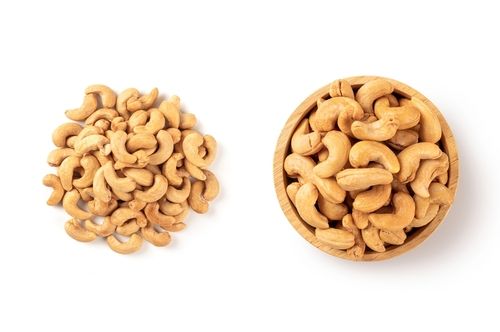
"Breakout 101: The Itchy, Scratchy, Welt-Filled World of Hives"
- Feb 25, 2025
Raise your glass to those uninvited party poopers known as hives (urticaria), the skin's ever-so-graceful way of sayin', "Hey, I don’t like that allergen you just gave me!” These unsightly welts or wheals, as the smarty-pants call them, are like those obnoxious guests who overstay their welcome but luckily, they rarely bring anything serious to the table.
Like an intrusive cousin chasing Instagram likes, hives make their presence known by raising the skin's surface and turning it a shade of rouge. Press any red hive and, voila! It turns white - it's like the world's least fun magic trick. You may also experience an awkward skin blush, erythema if you're feeling fancy, lasting anywhere from a speedy five minutes to a dreadfully long 24 hours.
Want to know if you've invited the hive party to your skin? Well, it's not always clear-cut. You'll need some testing and a professional diagnosis. Of course, if hives have decided to make residence on your skin or a healthcare provider suggests you might be a hive hostee, you might want to have a chat with a dermatologist.
Weirdly enough, even when playing hide-and-seek with science, hives can still make themselves at home. Around half of the chronic hive sufferers still couldn’t pinpoint the cause despite their best efforts. How's that for imitating a mystery drama?
Fret not, even if the cause remains a lifelong secret, you can find ways to shake hives off at your own sweet home. Some rather complex treatments may also include a chat with an immune system medication such as Xolair (0malizumab) or other meds your dermatologist might suggest. Deciphering the cause of chronic hives is a tad trickier, some big brains suggest an autoimmune cause, but like many good theories, more research is needed.
Allergens are frequent hive party starters, ranging from food and medications to adorable pets, dreaded pollen, and even latex. Even physical triggers that aren’t usually party-goers can start the hive bash, along with infections.
For all their showmanship, hives are loyal to their host and don't spread to other people. Hives can make encores and reappear like that one hit wonder band you thought had retired.
In a nutshell, hives result from an immune system throwdown, be it transient or chronic. While they typically pack up and leave on their own, meds, anti-itch products, and some kickass at-home remedies can show them the door. Avoiding triggers helps keep the hives party canceled while the serious reactions should get fast-tracked to a healthcare provider or dermatologist hotline.
Stay itchy, my friends.






